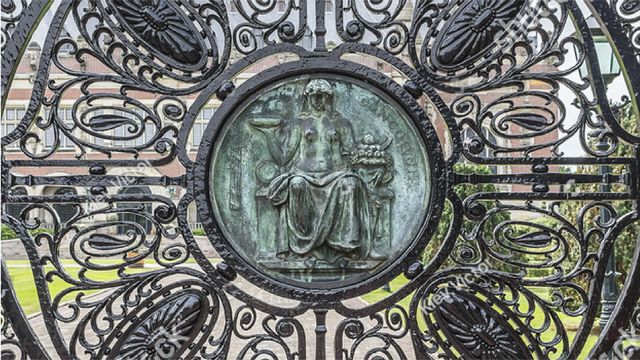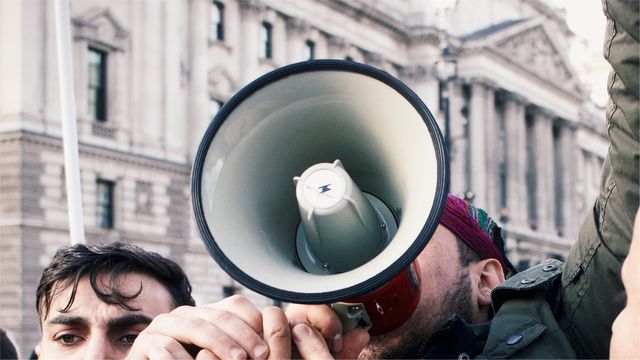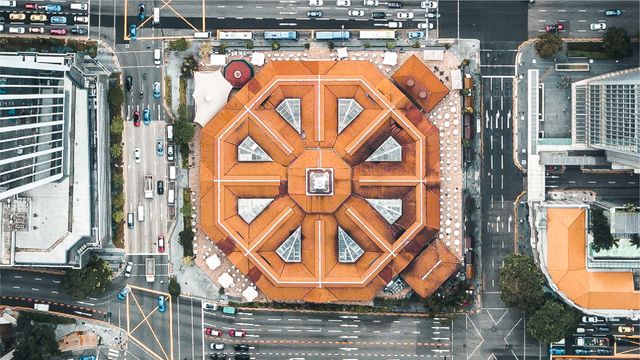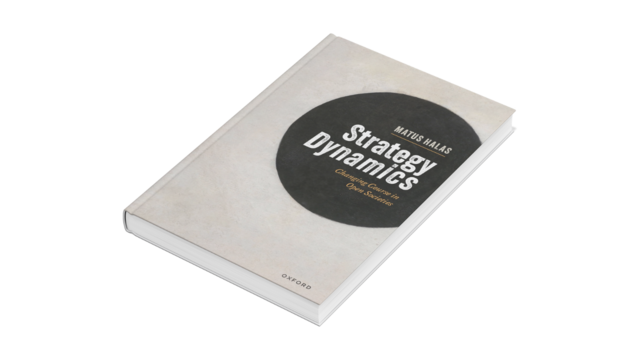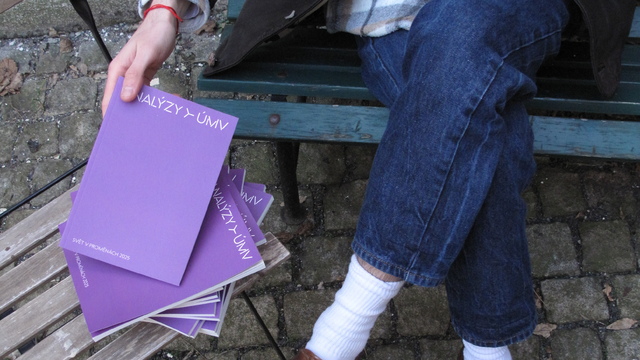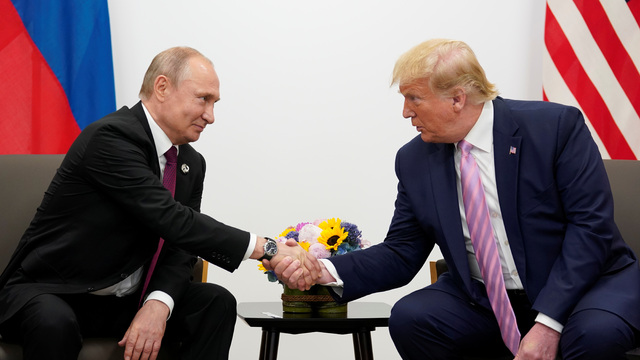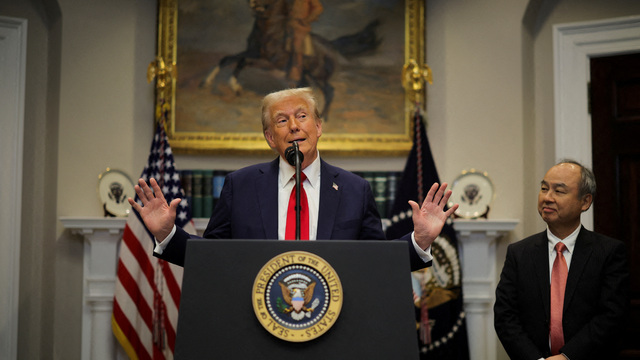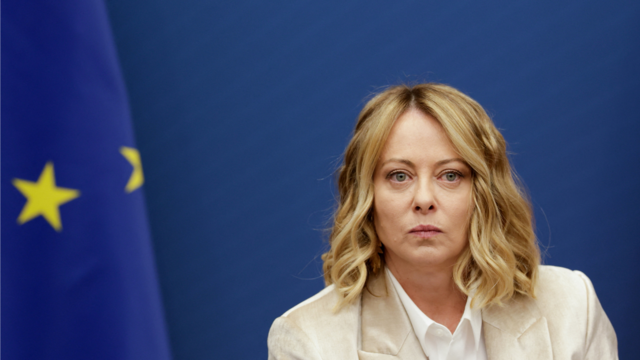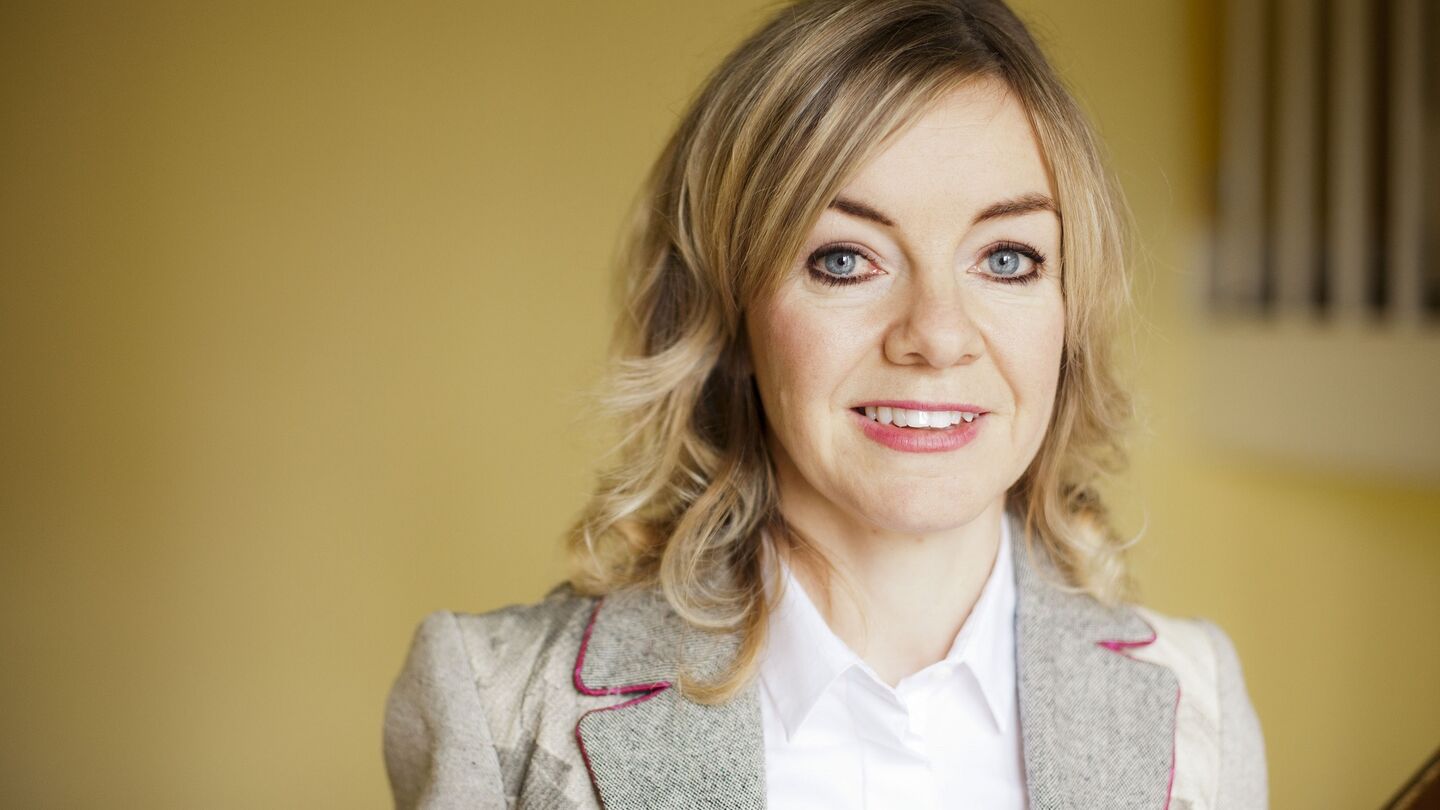
Republic of Conscience: Human Rights and Poetry
On 25 May, the Centre for International Law will host a seminar with Rióna Ní Fhrighil, Personal Professor of Modern Irish at the National University of Ireland, Galway. Professor Ní Fhrighil's presentation will focus on the theme of 'Republic of Conscience: Human Rights and Poetry' (see abstract and bio below). The seminar will take place online from 14:00 to 15:30 Prague time, and will be livestreamed on our Facebook.
25. 5. 2021 (14:00)
Jazyk: English IIR Facebook
The triadic relationship between poetry, human rights and literary translation is at the heart of the large-scale research project Republic of Conscience: Human Rights and Modern Irish Poetry upon which this presentation is based. Drawing on a number of examples from Irish poetry in particular, this presentation will consider the larger questions of the role of the poet in times of great crises. To what extent, if at all, have (Irish) poets engaged critically with the concept of human rights itself? What is the relevance of the national paradigm in an era of global networks where information, capital, goods, and discourse transverse geographical and political borders? This presentation will also include a discussion of the opportunities inherent in, and the challenges posed by, interdisciplinary research of this type.
Rióna Ní Fhrighil is a Personal Professor of Modern Irish at the National University of Ireland, Galway. She has published extensively on twentieth-century Irish poetry and literary translation. She is co-editor of a forthcoming special issue of the peer-reviewed journal Law and Humanities. Rióna was the principal Irish-language researcher on the AHRC-funded project The Representation of Jews in Irish Literature (2015). In 2018 she was awarded an Irish Research Council Laureate Award for the research project Republic of Conscience: Human Rights and Modern Irish Poetry. She is also co-director of Aistriú, an interdisciplinary project on migration and literature, funded by Galway 2020 as part of its European Capital of Culture programme.

